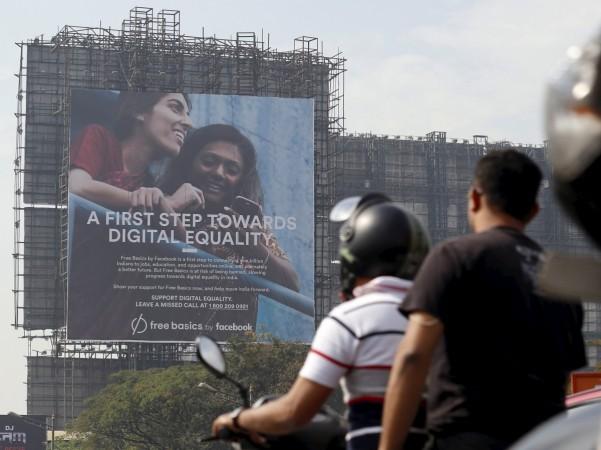
NEW DELHI — India's sprawling rural population of over 800 million people presents an untapped reservoir for growth of internet and online services in the country, Rajan Anandan, managing director of Google India, said Wednesday, during an event organised by nonprofit Internet and Mobile Association of India (IAMAI).
"We need more rural Indians online. Currently, there are only 100 million internet users in rural India," Anandan said, adding that by 2020, India's internet user base is expected to double to 700 million.
Anandan's comments come amid intensified debate in India over access to online services. Earlier this week, Indian regulators effectively banned Facebook's pared-back free internet service — named "Free Basics" — after internet activists said that allowing free access to a select few web services would put small content providers and startups that did not participate at a disadvantage.
Although India currently has the world's largest internet user base after China, access to online services remains patchy. In Unesco's "State of the Broadband 2015" report released in September, the country's ranking on broadband penetration fell to 131 in 2014 — a drop of six places over 2013. On mobile broadband subscriptions, India also slipped significantly as it stood at 155 in 2014 compared to 113 in 2013, far below its neighbours Sri Lanka and Nepal, which were ranked 126 and 115 respectively.
The findings underscored the challenge Indian Prime Minister Narendra Modi faces in fulfilling his government's "Digital India" project, which aims to reduce the prevailing digital divide between rural and urban India.
In order to provide internet access to those living in India's sprawling hinterlands, companies need to focus on ensuring that their services are affordable and are available in the regions' local languages, Anandan stressed, stating that over 95 percent of the content viewed by Indians on YouTube is in local languages. Additionally, concerted efforts need to be made to ensure that women in villages are provided access to online services.
"While 50 percent women in urban India use the internet, this number is very low for rural women," Anandan said last July, when Google launched its "Internet Saathi" program aimed at providing basic training on the use of internet to rural women, only 12 percent of whom currently have online access.
Speaking at the event Wednesday, he also reiterated the need to not only make smartphones more affordable, but to also develop applications for these devices "that people want."
"A lot of people in India today are building products that no one really wants," Anandan said, adding that 90 percent of apps installed on smartphones are uninstalled within six weeks.









!['Had denied Housefull franchise as they wanted me to wear a bikini': Tia Bajpai on turning down bold scripts [Exclusive]](https://data1.ibtimes.co.in/en/full/806605/had-denied-housefull-franchise-they-wanted-me-wear-bikini-tia-bajpai-turning-down-bold.png?w=220&h=138)



